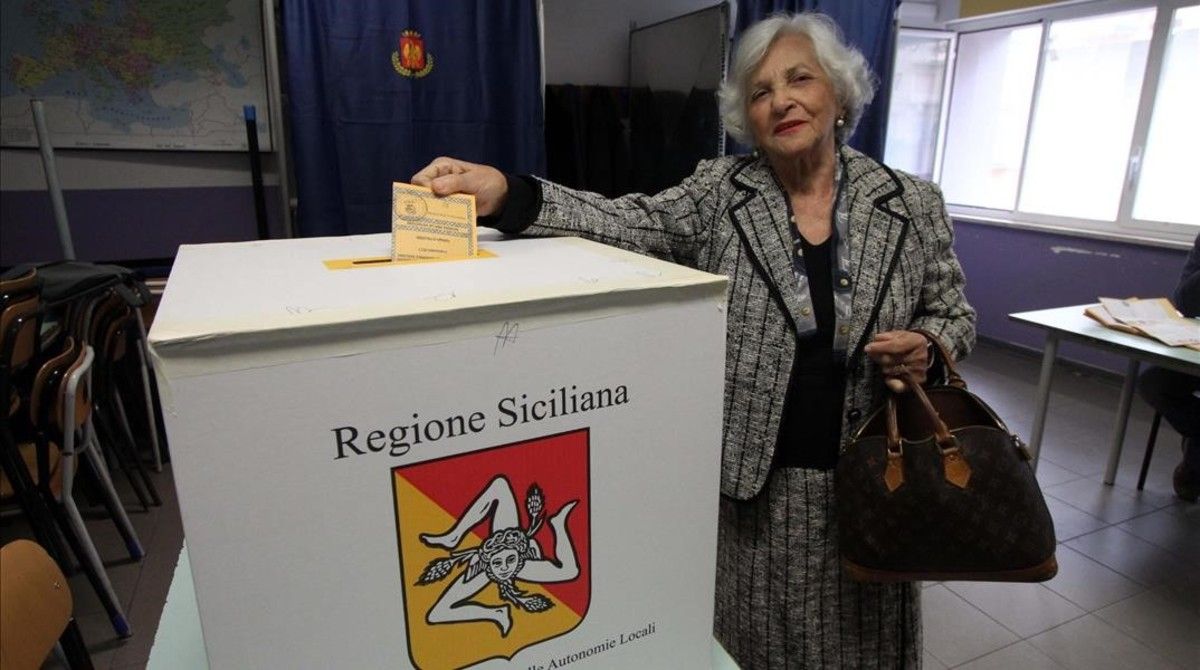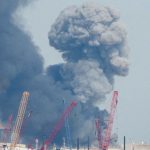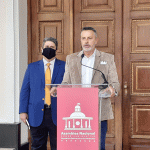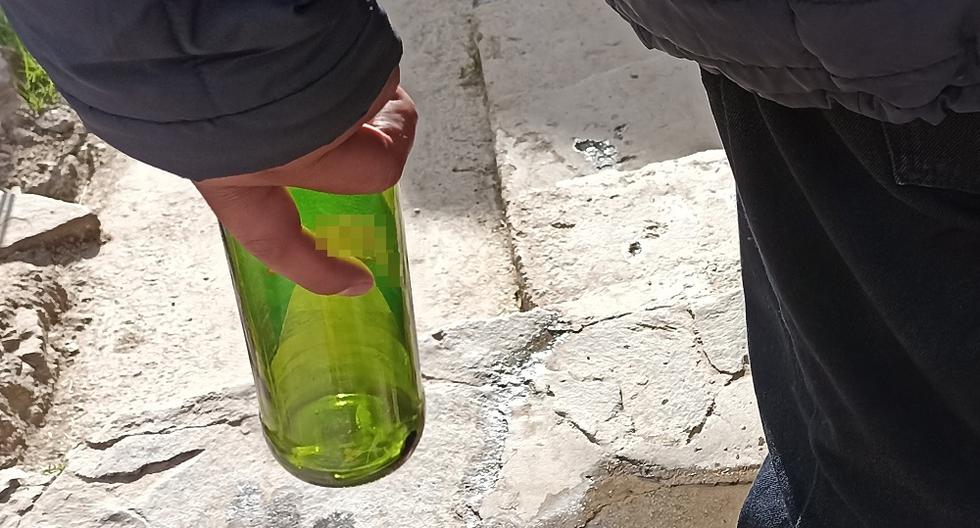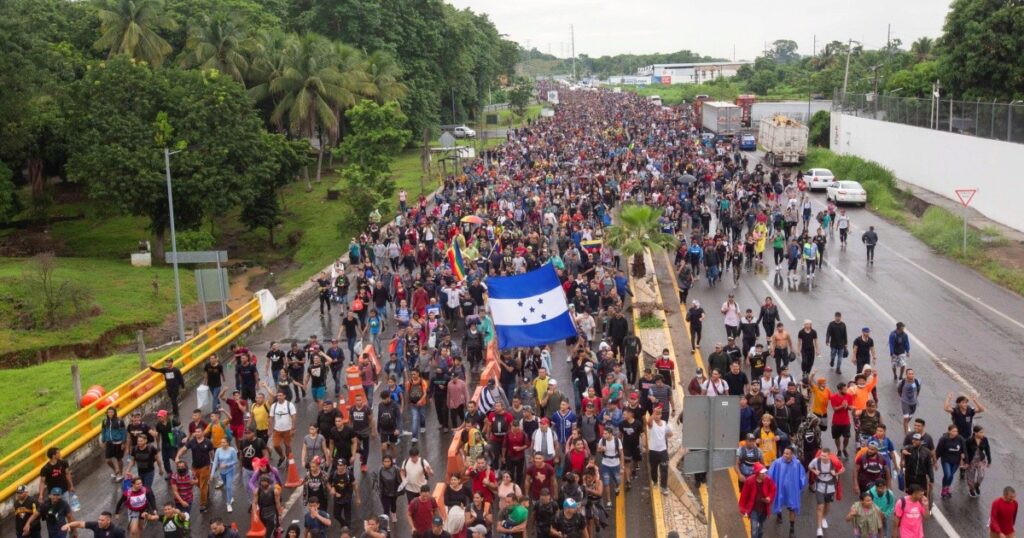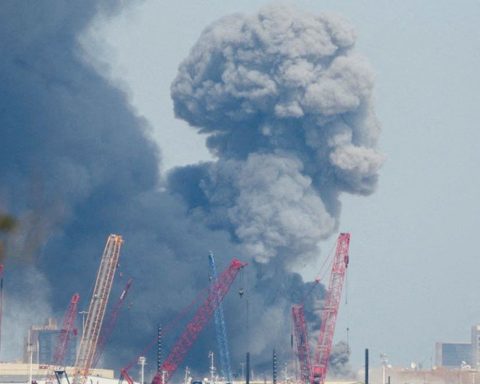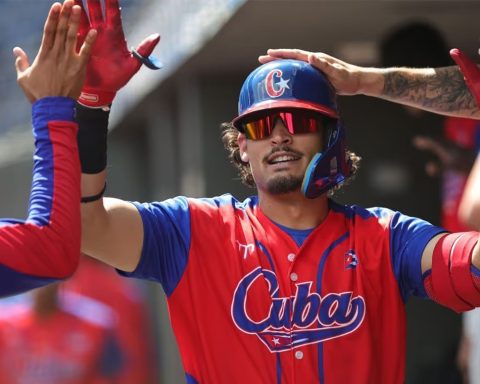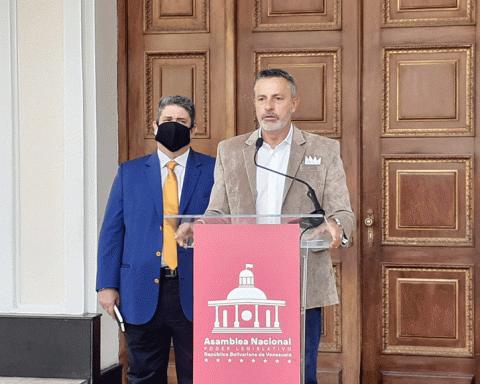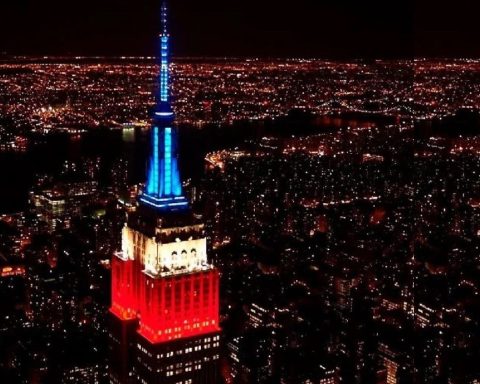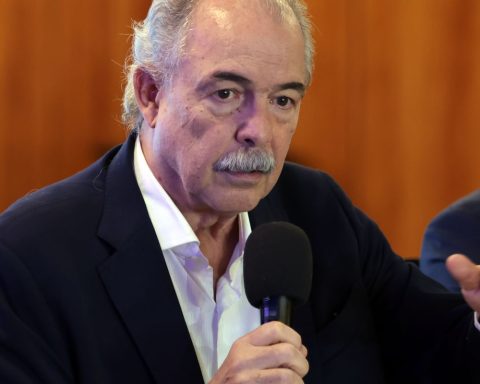Italy held municipal elections this Sunday in some towns in the country, including Palermo (Sicily, south), where chaos has reigned after some fifty table presidents did not appear for the vote, which caused different voices to ask for the annulment.
This Sunday’s elections have been held in 971 municipalities, of which 142 have a population of more than 15,000 inhabitants and 829 equal to or less than 15,000, for a total of 8.8 million voters.
Genoa (north) and Palermo are the most important cities and in them the blocs on the right -Forza Italia, led by Silvio Berlusconi, and the far-right Liga and Fratelli d’Italia- and the one on the left -formed, among others, by the Democratic Party (PD) and the 5 Star Movement (M5S) – will measure their forces before the general elections in the spring of next year.
In Palermo, the two most likely candidates for mayor are the conservative Roberto Lagalla and the progressive Franco Miceli, while in Genoa the duel is between the outgoing mayor, Marco Bucci, a right-wing candidate, and Ariel Dello Strologo, a lawyer, current president of the Jewish Community of Genoa and candidate of the left.
CHAOS IN PALERMO
Palermo has claimed the leading role of the day, after some fifty polling stations could not open this morning due to the absence of their polling station presidents.
After the incessant protests of the citizens, the Ministry of the Interior reorganized the voting towards the open schools and affirmed that, if when they close at 11:00 p.m. (21:00 GMT) there are still people who have not exercised their right, they will be able to do so until the last ballot is put in the ballot box.
In parallel, the local authorities have informed the Prosecutor’s Office of the absence of these people so that it can investigate the possible criminal responsibility if they lack justified reasons.
“What is happening in Palermo is extremely serious. If a single citizen has been denied the right to vote, the elections are voidable,” stressed the president of the Palermo Bar Association, Antonella Armetta, on social media.
Palermo had already been on the front pages of the newspapers in recent days after two candidates for councilor on Lagalla’s conservative list were arrested, accused of having solicited electoral support from Sicilian mafia bosses.
“Justice is politicized” because these arrests could have been made after the elections, Silvio Berlusconi, leader of Forza Italia, said this Sunday, breaching the electoral silence.
GENOA
In Genoa, continuity or change is at stake. The duel is between the outgoing mayor, the conservative Marco Bucci, and the progressive president of the Jewish Community of Genoa, Ariel Dello Strologo.
These elections, although they are a smaller pulse than the one held last October in cities like Rome, Milan, Naples or Bologna, are important because the parties will try to see if they should maintain their strategies or modify them to recover the consensus of their voters before the spring elections, from which the next Italian Executive will emerge.
REFERENDUM
In addition to the municipal elections, this Sunday five Justice referendums have also been voted to maintain or eliminate measures ranging from preventive detention to the career functions of magistrates, through the political disqualification of those convicted.
In order to be valid, they have to reach a participation of more than 50% of the voters with the right to vote, something that seems complicated because not much has been said about these consultations in recent days and the population has not been too involved. In fact, by noon around 6% of those eligible to vote had voted.
In contrast, in the municipalities, electoral participation was around 17.2% at that time. EFE
